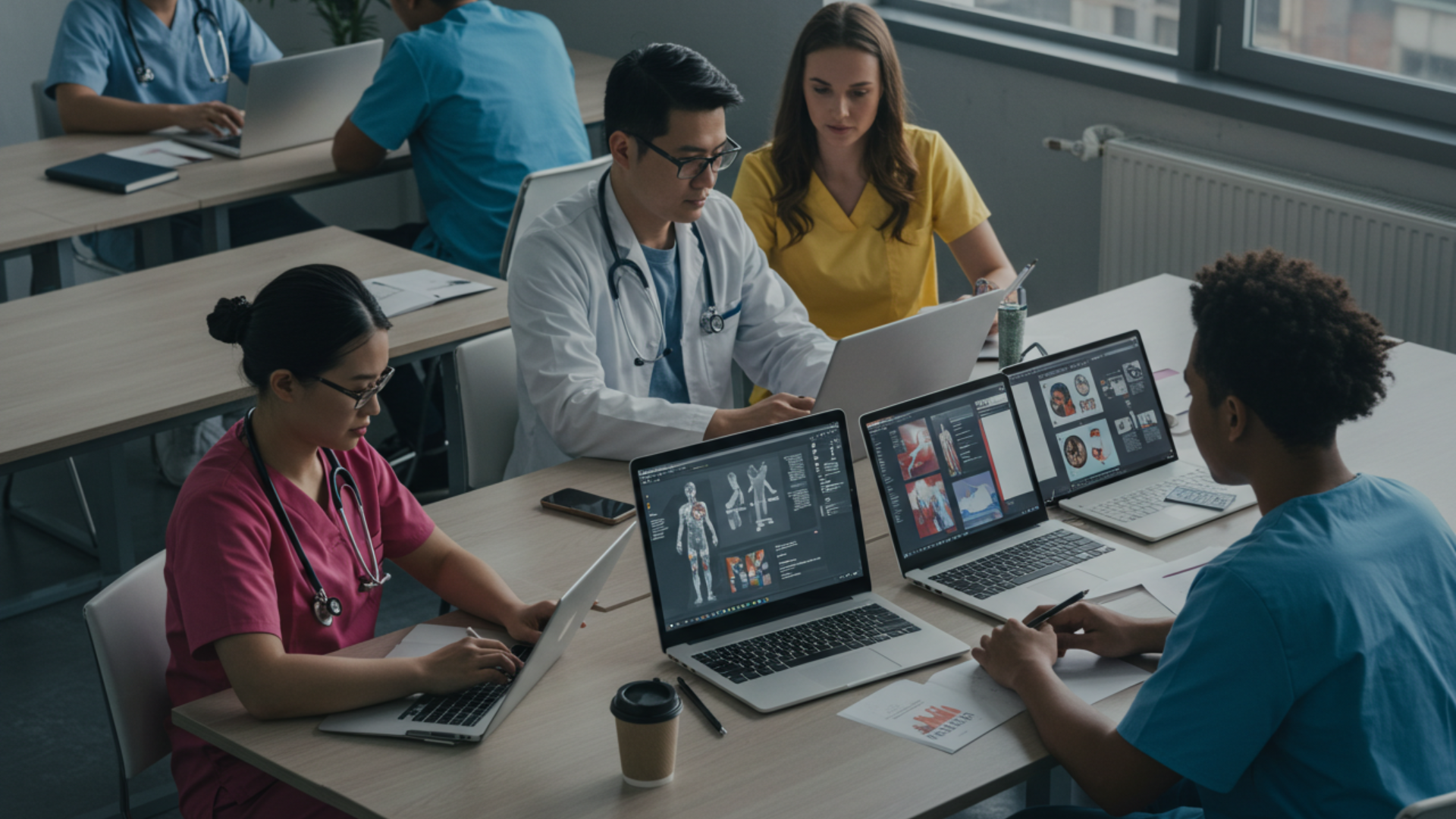Medical localization ensures that healthcare training is accessible, accurate, and culturally appropriate for professionals around the world.
In today’s digital landscape, online medical education has become more important than ever. In this scenario, medical localization plays a critical role in adapting e-learning platforms, clinical simulators, and certification programs for diverse languages and regions.
Simple translation is not enough. Medical localization requires adjusting tone, terminology, examples, visuals, and interfaces to ensure clarity, relevance, and compliance with local standards.
Why is localization essential in medical e-learning?
Medical training content is designed to deliver technical knowledge, reinforce clinical skills, and ensure safe practice. Poorly localized content can hinder learning and lead to serious consequences in patient care.
Furthermore, medical localization enhances user experience and supports certification in different countries by respecting regional norms and language requirements.
Best practices for effective localization:
- Assess the original content
Before translation, it’s crucial to review whether the material is culturally adaptable. Some visuals or references may need changes. - Work with medical experts
Translators must have healthcare knowledge to ensure accuracy and avoid critical errors in terminology and context. - Adapt audiovisual materials
Videos, voiceovers, and subtitles should match the language, tone, and cultural expectations of the target audience. - Follow regulatory standards
Platforms should comply with educational and accreditation standards such as SCORM, CME, or local licensing requirements. - Test with real users
Involving professionals from different regions helps identify comprehension issues and improve course effectiveness.
Conclusion
Investing in medical localization improves the quality of learning and expands the global reach of training programs. At SumaLatam, we help healthcare institutions localize their content with precision, cultural sensitivity, and technical expertise.




